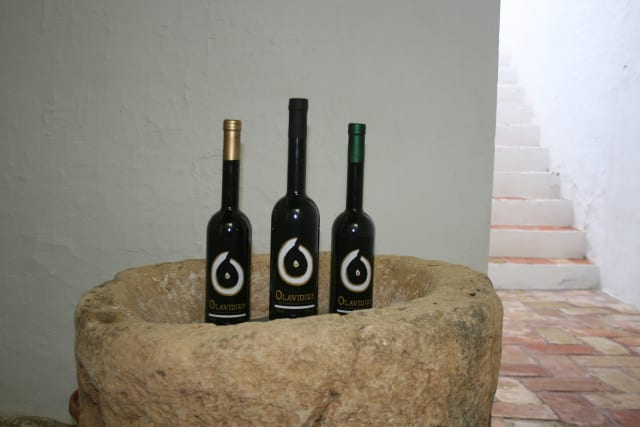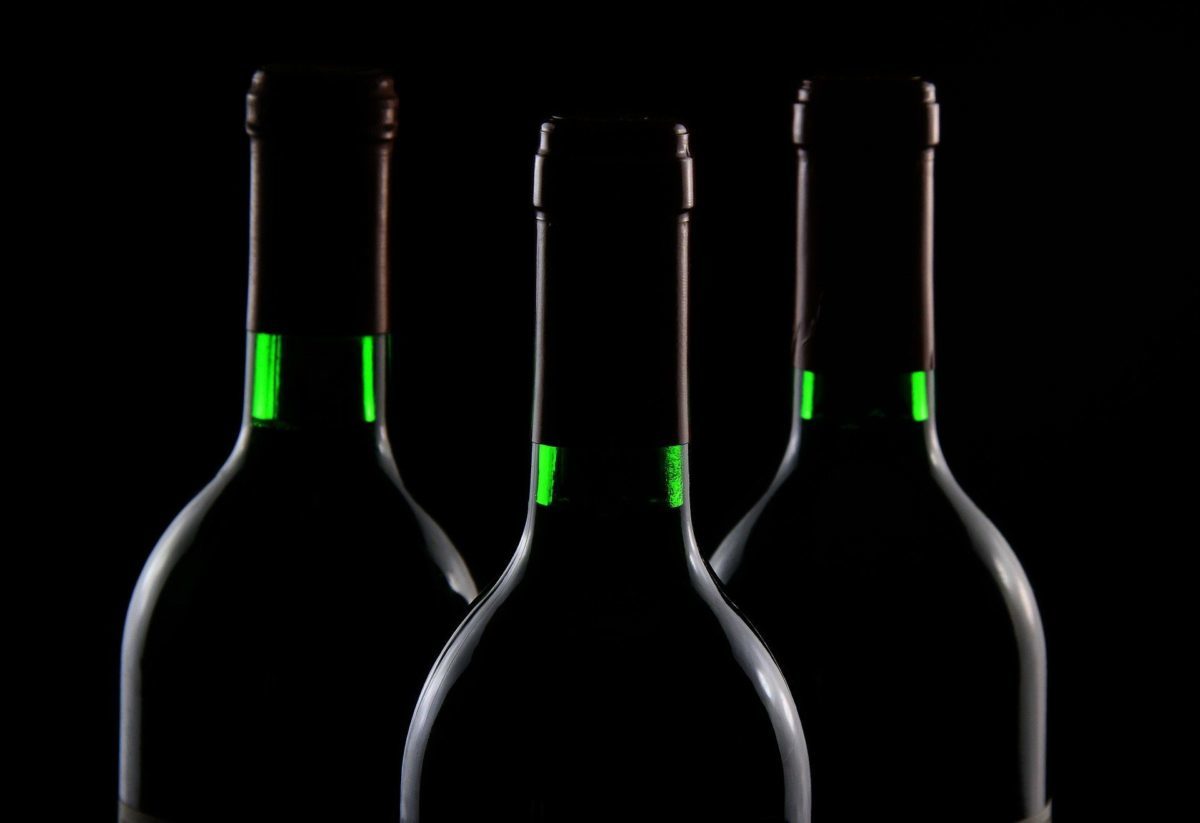Consumers increasingly attach importance to natural products. Product search without preservatives, stabilizers and without the use of pesticides and herbicides It seems that it conditions a lot the purchase decision also in the wine sector. For this reason, we ask ourselves how the wines of the future. Currently, what actually happens in wine with the use of sulphites? Find out below!
The sulphites are derived from sulfur and are used to preserve food avoiding the proliferation of bacteria and yeasts. They are used in many foods and we see them on labels with the nomenclature E-228 and E-220 and on the label of many wines as “contains sulfites”.
European legislation indicates that it must be reported if the product has more than 10mg / liter and does not require the amount of the product to be entered. The sale is only prohibited if it exceeds 150 mg / liter in red wines and 200 mg / liter mg in white or rosé wines.
Reasons for use
These preservatives are often used in various stages of production from the vineyard through the application of sulfur and sulfate to eliminate fungi. Also in the barrel cleaning and of course in the wine making to avoid oxidation.
Although it is true that in the fermentation of wine and naturally sulfites can be produced, these do not exceed 10 mg / liter and these wines may indicate that they do not contain sulfites. The correct thing would be to indicate that they have not been added. These are the cases of natural, biodynamic wines and some ecological.
Our health in the wines of the future
In our health, some studies indicate that excess sulfites can cause allergies and intestinal problems. They also indicate that the combination of these together with other preservatives in the diet could increase the risk of these diseases. SWell, there is a very rigorous health control and regulation.
Currently, work is being done in several ways to not having to add sulphites to the wine and to be able to elaborate wines avoiding their oxidation and bad conservation. One of the investigations is the use of phenols and polyphenols present in the tannins of the grape and that added to the wine prevent the oxidation of the wine.
Another research is the one being carried out by the team of the professor of genetics Juan Jiménez with the collective Olavidium. It is based on the development of a yeast that controls the microbiological development of the wine. This microbiological control prevents the development of unwanted organisms. Olavidium has already created a wine with these characteristics in collaboration with the Pine Cellars within the Denomination of Origin Mount Moriles.
It is possible that some of these investigations could lead to completely eliminate the use of sulfites in the wines of the future. What is clear to us is that each step helps us reduce the use of sulphites in the conservation of wines.







